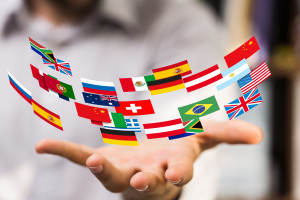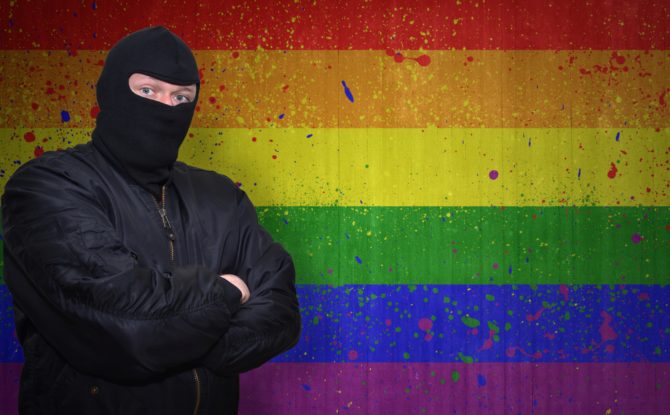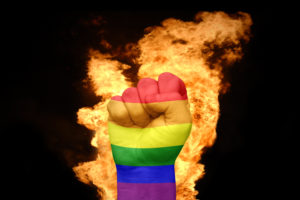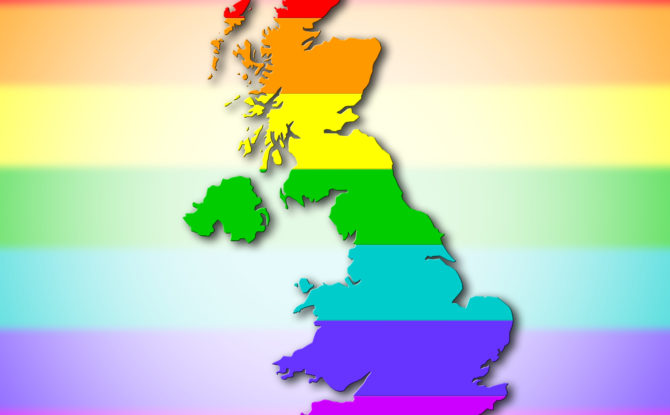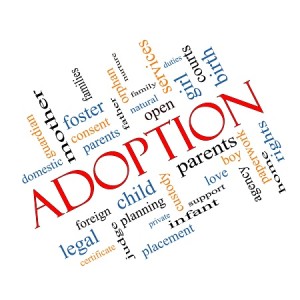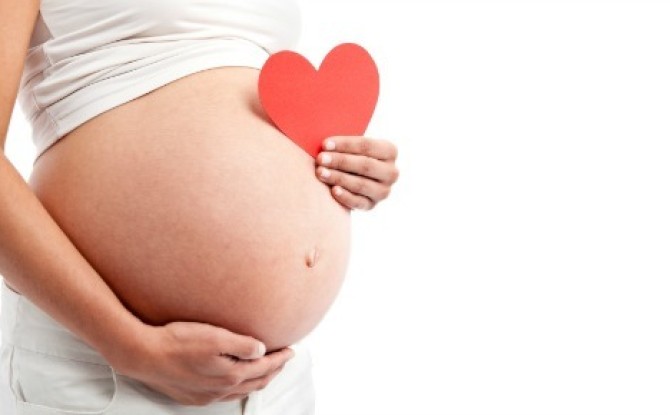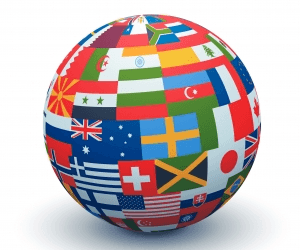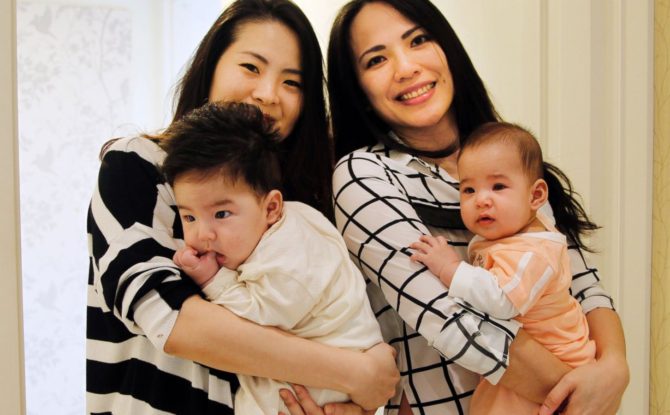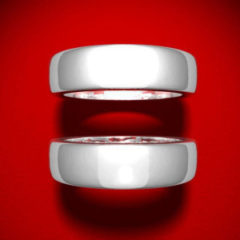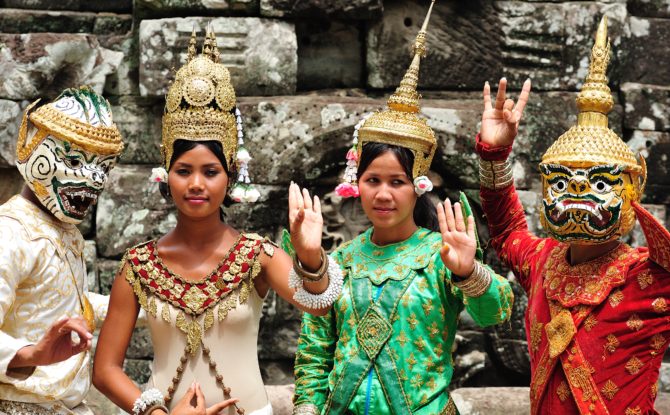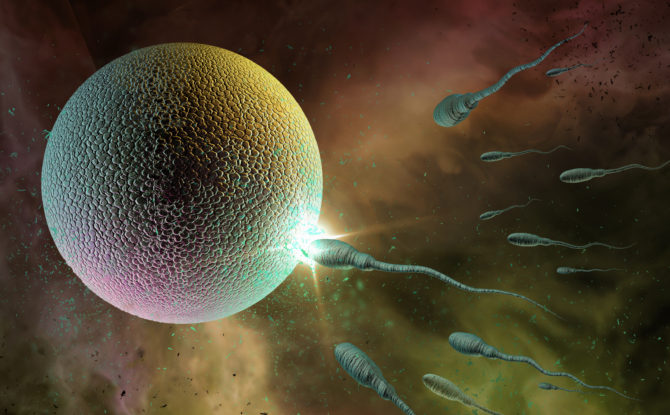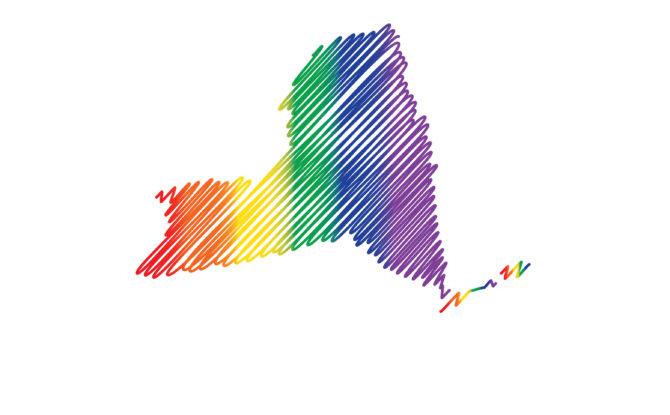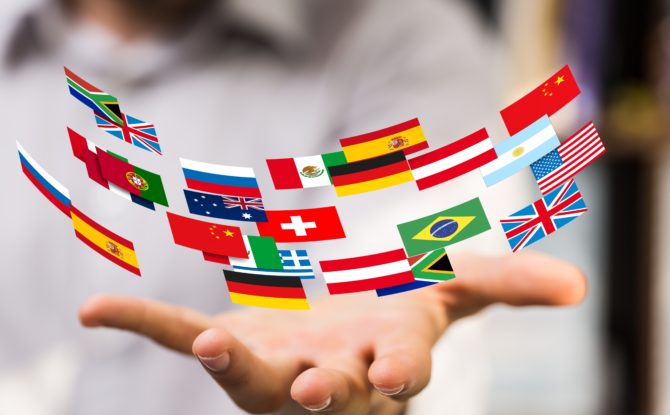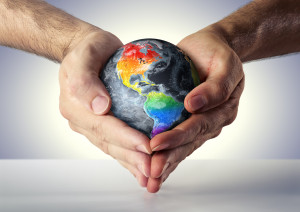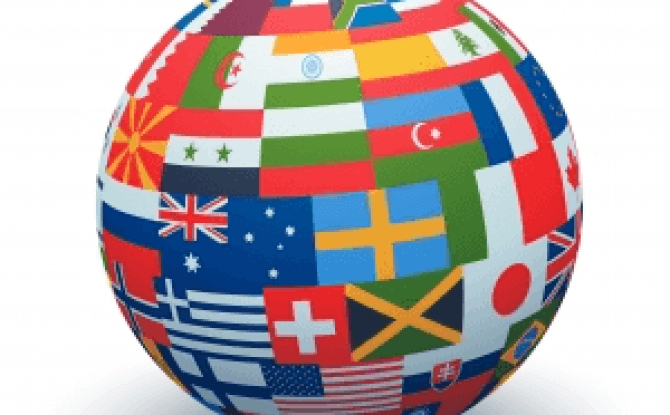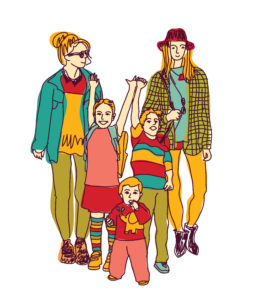The two women avoided each other’s gaze in the compact courtroom last week, separated by their lawyers, file boxes and three-inch binders filled with old emails and documents.
Somewhere in all the paper was the answer to a question that is being tested as never before in New York State: Were both women the parents of the energetic 6-year-old boy they loved? Or just one of them?
Deciding who is a parent in New York used to be a relatively simple matter. A parent was either biologically related to the child or had legally adopted the child. But in State Supreme Court in Manhattan, the first custody case is underway to test a newly expanded definition of parentage, as handed down by the state’s highest court in August.
The new definition is aimed at accounting for the complexity of nontraditional families, including same-sex couples. Now, to determine if someone is a parent, judges can consider whether a couple intended to have and raise a child together, among other factors. So in the courtroom in Manhattan, Circe Hamilton, 44, and her former partner Kelly Gunn, 52, are battling over whether Ms. Gunn should be recognized as a parent to the boy, Abush, whom Ms. Hamilton adopted from Ethiopia in 2011.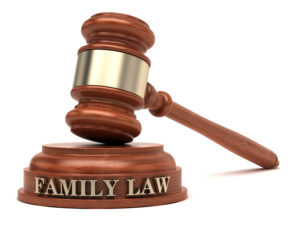
In a city filled with complicated relationships, this one stands out. In the original adoption paperwork, completed in early 2009, the British-born Ms. Hamilton appears as a single woman with a boyfriend, and Ms. Gunn is described as a roommate. But that was because Ethiopia does not allow gay couples to adopt, both women acknowledge. In reality, the two women, who began dating in 2004, had planned to raise the child together, and their application reflected some joint assets. Ms. Gunn said her intent was to eventually co-adopt the child in a second-parent adoption proceeding.
They broke up in December 2009, and Ms. Hamilton decided to move forward with the adoption alone, she testified. Despite the breakup, the women remained close. When Ms. Hamilton went to Ethiopia to get Abush, Ms. Gunn met her and the boy in London to fly together to Manhattan. When Ms. Hamilton, a freelance photographer, returned to her tiny apartment in the West Village, she said she was overwhelmed by the challenges of parenting. Ms. Gunn, who ran a successful design company, stepped in, babysitting regularly and attending Abush’s doctors’ appointments, and briefly employing Ms. Hamilton at her firm, according to court testimony.
The women continued to occasionally stay together in a house they had once jointly owned on Fire Island. Abush had a crib there, and to Ms. Hamilton, these gestures represented the generosity of a trusted friend, she said recently. “She was someone I had loved, whom I respected,” she said of Ms. Gunn. “I had no reason not to trust a friend offering help.”
But to Ms. Gunn, the relationship with Abush was much more. She now describes her situation as analogous to that of a couple who had broken up during a biological pregnancy. It was as if the adoption agreement was a conception, conferring upon the child both her and Ms. Hamilton’s DNA. “He wouldn’t have come into our lives without me,” Ms. Gunn said. “He is a product of our mutual intention, our mutual efforts.”
The minutia of their daily lives in recent years — who took Abush to his play dates, his school appointments, his sports classes — are now pieces of a puzzle in a trial that has already had 15 days of testimony, with at least a week to go. The judge must decide whether Ms. Gunn’s involvement in Abush’s life amounts to her being a parent, and if it gives her standing to sue in a second hearing for custody and visitation.
Justice Frank P. Nervo, who is presiding over the case, has come up with questions to guide the lawyers. How formalized was the relationship between Ms. Gunn and Abush? What did he think Ms. Gunn’s role was? Did Ms. Gunn assume the duties of a parent? What would be the impact on Abush if their relationship ended?
Almost all states now legally recognize de facto parenthood to account for the realities of modern families. In expanding its parenthood definition, the New York State Court of Appeals said in its Aug. 30 ruling that it was seeking a definition that provided “equality for same-sex parents and provides the opportunity for their children to have the love and support of two committed parents.”
By Sharon Ottoman, New York Times, October 18, 2016
Click here to read the entire article.
